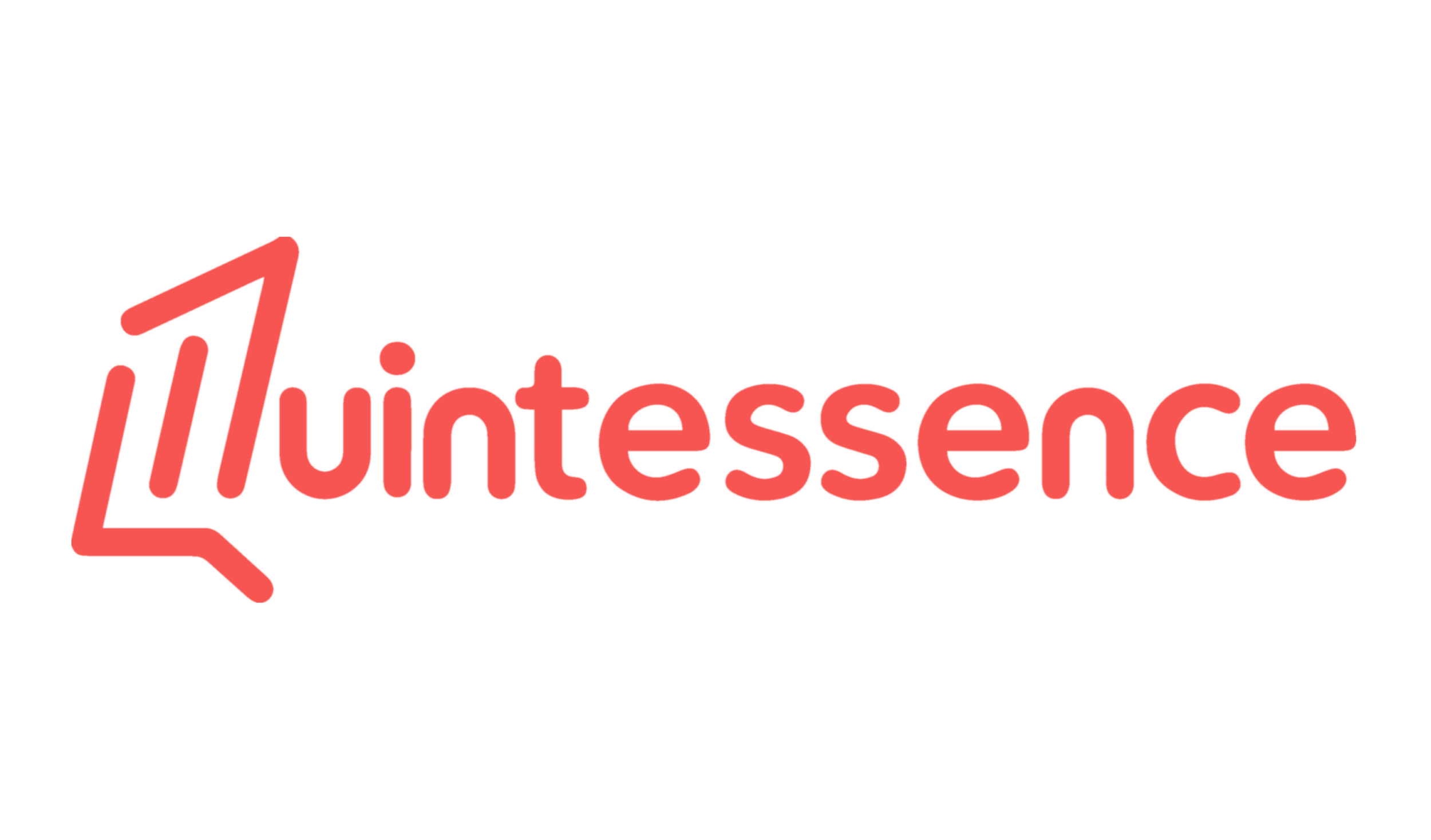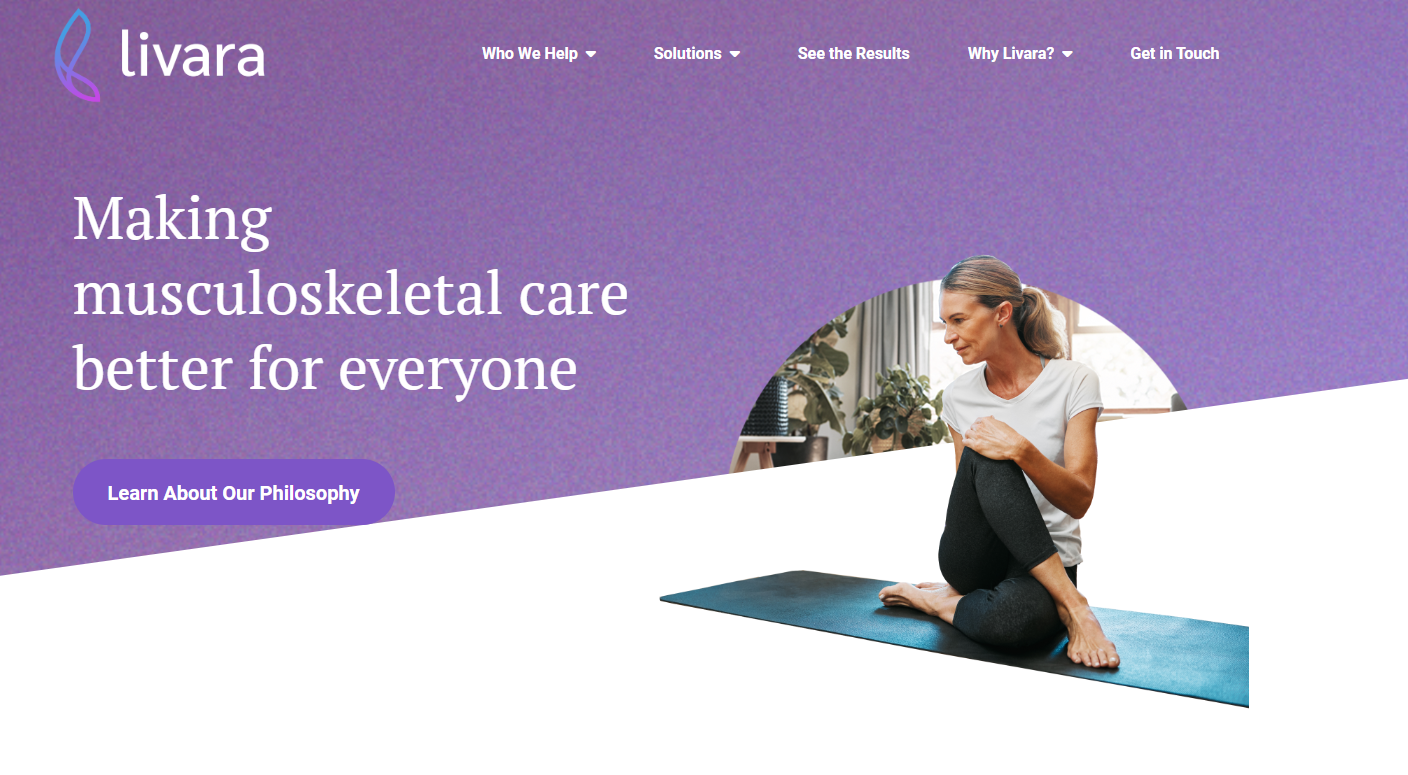What You Should Know:
- Today Truveta announced the availability of expanded concepts from clinical notes -- including family history, medication details reported to providers, and complex concepts for a wide range of therapeutic areas from cardiology to rare disease and more – and millions of de-identified medical images for scientifically rigorous
Read More
Health IT | News, Analysis, Insights - HIT Consultant
Firstsource Acquires Quintessence to Bolster AI-Powered Revenue Cycle Management Solutions
What You Should Know:
- Firstsource Solutions Limited (FSL), a leading global provider of Business Process Management (BPM) services, announced the acquisition of Quintessence Business Solutions & Services Private Limited (QBSS).
- The strategic acquisition strengthens Firstsource's position in the healthcare revenue cycle management (RCM) market, particularly in the United States. Financial details of the acquisition were not disclosed.
Enhanced RCM
Read More
Contexture and QHN Partner to Strengthen Health Information Exchange in Colorado
What You Should Know:
- Contexture and Quality Health Network (QHN) announced today their official affiliation, creating a unified force for health information exchange (HIE) across Colorado.
- The strategic move strengthens collaboration and expands resources for healthcare providers in the state.
Combining Expertise for Enhanced HIE
This affiliation brings together staff, technology, and operations of both organizations under the Contexture umbrella. Contexture, already the
Read More
Intermountain Health Deploys Nuance’s DAX Copilot Across Enterprise
What You Should Know:
- Intermountain Health, a leading healthcare system serving the Intermountain West, announced today the enterprise-wide deployment of Nuance Communications' Dragon® Ambient eXperience™ (DAX™) Copilot, a generative AI solution aimed at improving clinical documentation efficiency and reducing administrative burdens.
- Intermountain Health emphasizes the responsible development and application of AI technology. DAX Copilot incorporates Microsoft's responsible AI
Read More
Livara Health Secures $15M to Expand Value-Based Musculoskeletal Care Solutions
What You Should Know:
- Livara Health, a leading provider of value-based musculoskeletal (MSK) management solutions, raises $15M in Series B funding led by A1 Health Ventures.
- Existing investors Polaris Partners, Providence Ventures, Martin Ventures, and a new strategic investor also participated in the round.
Livara Health: A Leader in Value-Based MSK Care
Livara Health (formerly SpineZone) offers a comprehensive value-based MSK management solution. Through a
Read More
M&A: Avel eCare acquires Horizon Virtual
What You Should Know:
- Avel eCare, the nation's leading provider of clinician-to-clinician telemedicine services, continues its aggressive growth strategy with the acquisition of Horizon Virtual, a Minnesota-based virtual hospitalist services provider.
- This acquisition builds upon Avel's previous expansion, including the January 2023 acquisition of remote pharmacy services provider NightWatch. Today, Avel serves hundreds of customers across the country with a comprehensive suite
Read More
POGO Automatic Blood Glucose Monitor Now Covered by Medicare Part B
What You Should Know:
- Intuity Medical, Inc., a medical technology company committed to making it easier to live with diabetes, announced today that its POGO Automatic® Blood Glucose Monitoring (ABGM) system, featuring one-step testing, is now covered by Medicare Part B. This decision expands access to the innovative monitor for the 16.5 million seniors age 65 and up living with
Read More
3 Critical Vulnerabilities Found in Merge DICOM Toolkit
What You Should Know:
- Security researchers at Nozomi Networks Labs identified three vulnerabilities in the Merge DICOM Toolkit C/C++ SDK (versions prior to v5.18).
- These vulnerabilities could be exploited by attackers to crash medical imaging systems through seemingly harmless actions like opening a DICOM file or processing network data.
The Importance of the Merge DICOM Toolkit
In the world of medical imaging, the Merge DICOM Toolkit plays a vital role. This software library
Read More
How AI Can Increase the Success of Clinical Denials Appeals
It’s a perfect storm of financial pressures facing healthcare provider organizations – from rising costs to labor shortages to constrained capacity – that stymies revenue growth. Growing challenges with payer payments only exacerbate these issues. According to a Kaufman Hall report, 73% of leaders surveyed said claims denials, which was the top revenue cycle issue in 2022, had increased in 2023.
The cost of denials is staggering. A recent data analysis revealed that providers spent nearly $20
Read More
M&A: Aledade Acquires Michigan’s Medical Advantage
What You Should Know:
- Aledade, the nation's leading network of independent primary care practices, announced today the acquisition of Michigan-based Medical Advantage.
- This strategic acquisition further solidifies Aledade's position as the preeminent Accountable Care Organization (ACO) network and a driving force in value-based care.
Expanding Physician Partnerships in Michigan
The acquisition significantly expands Aledade's network in Michigan, bringing the number of
Read More










